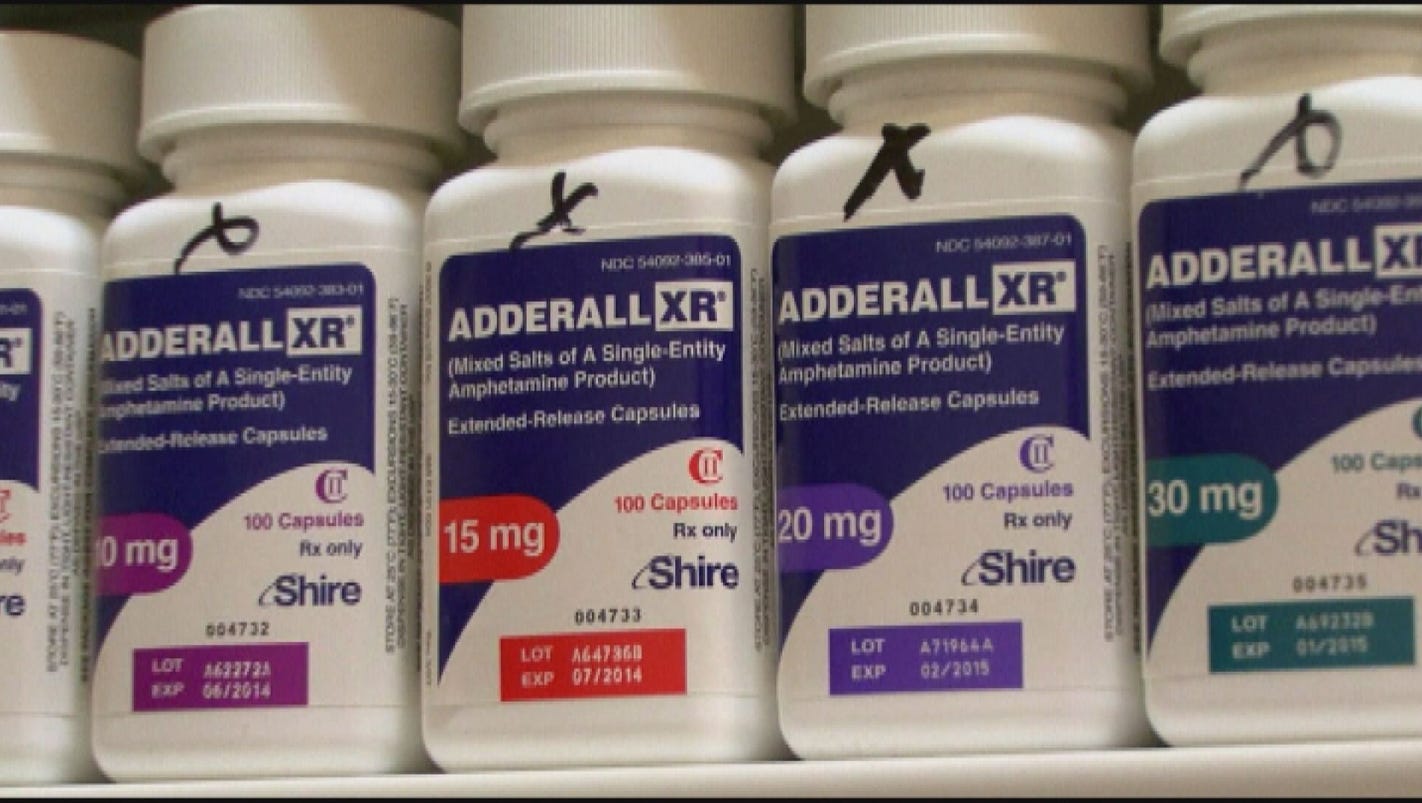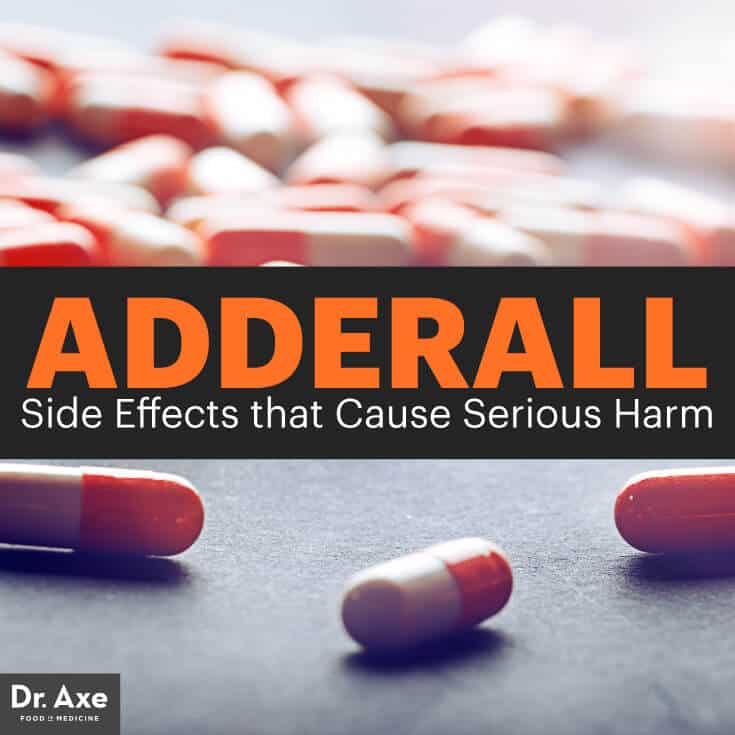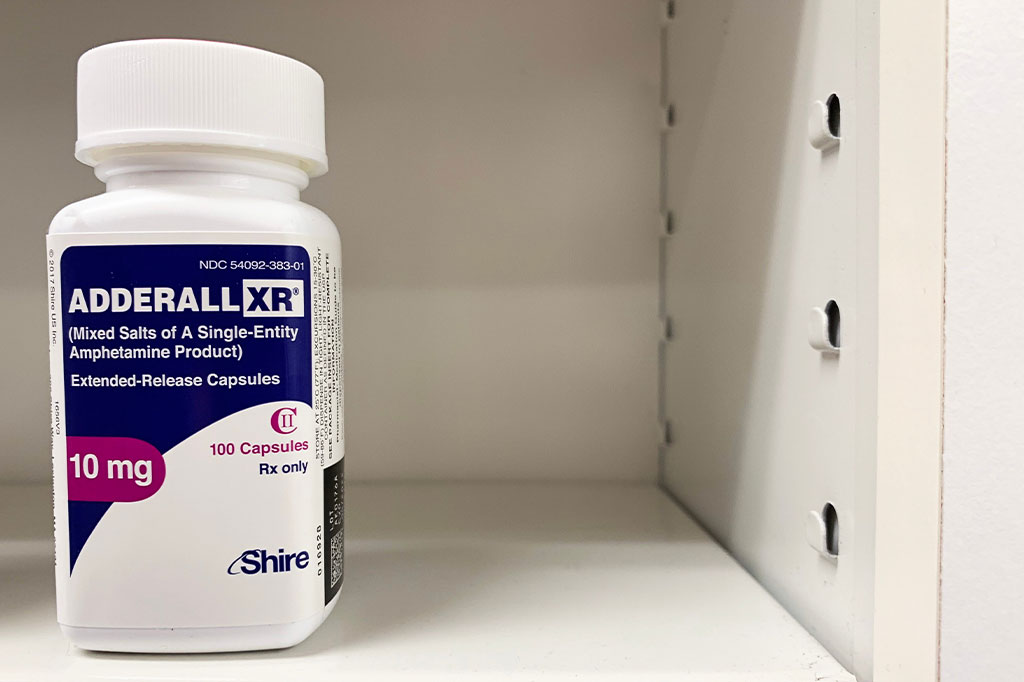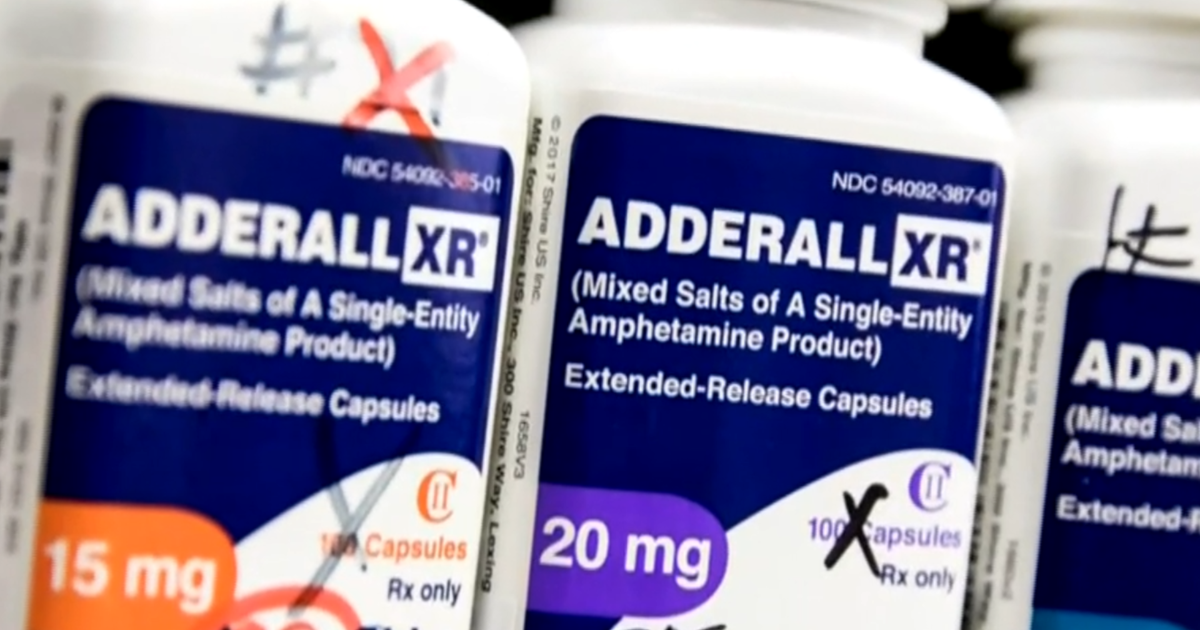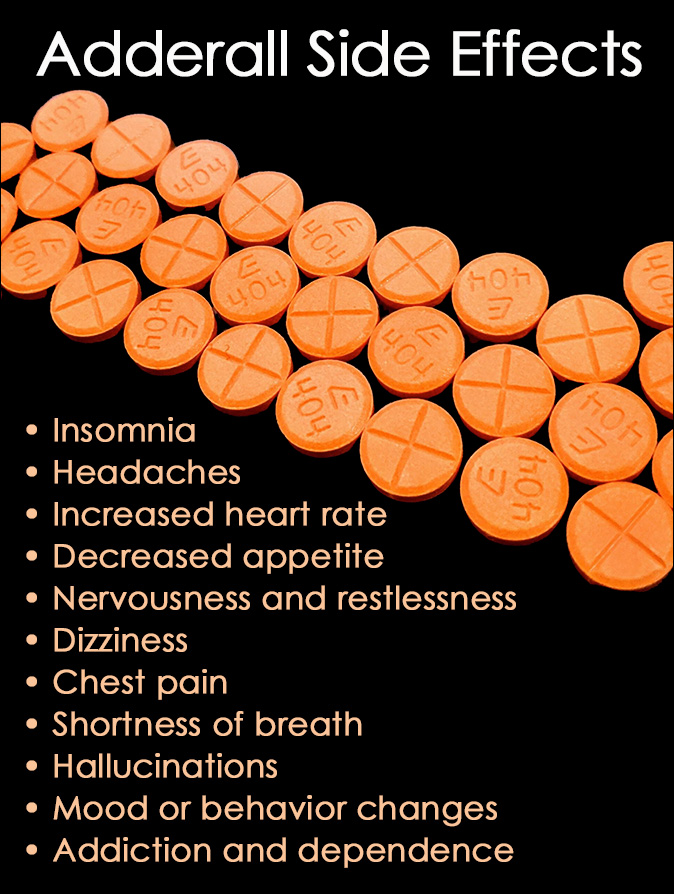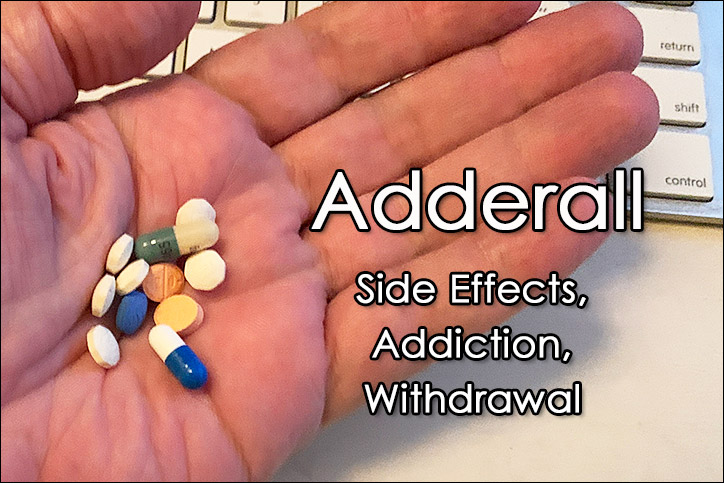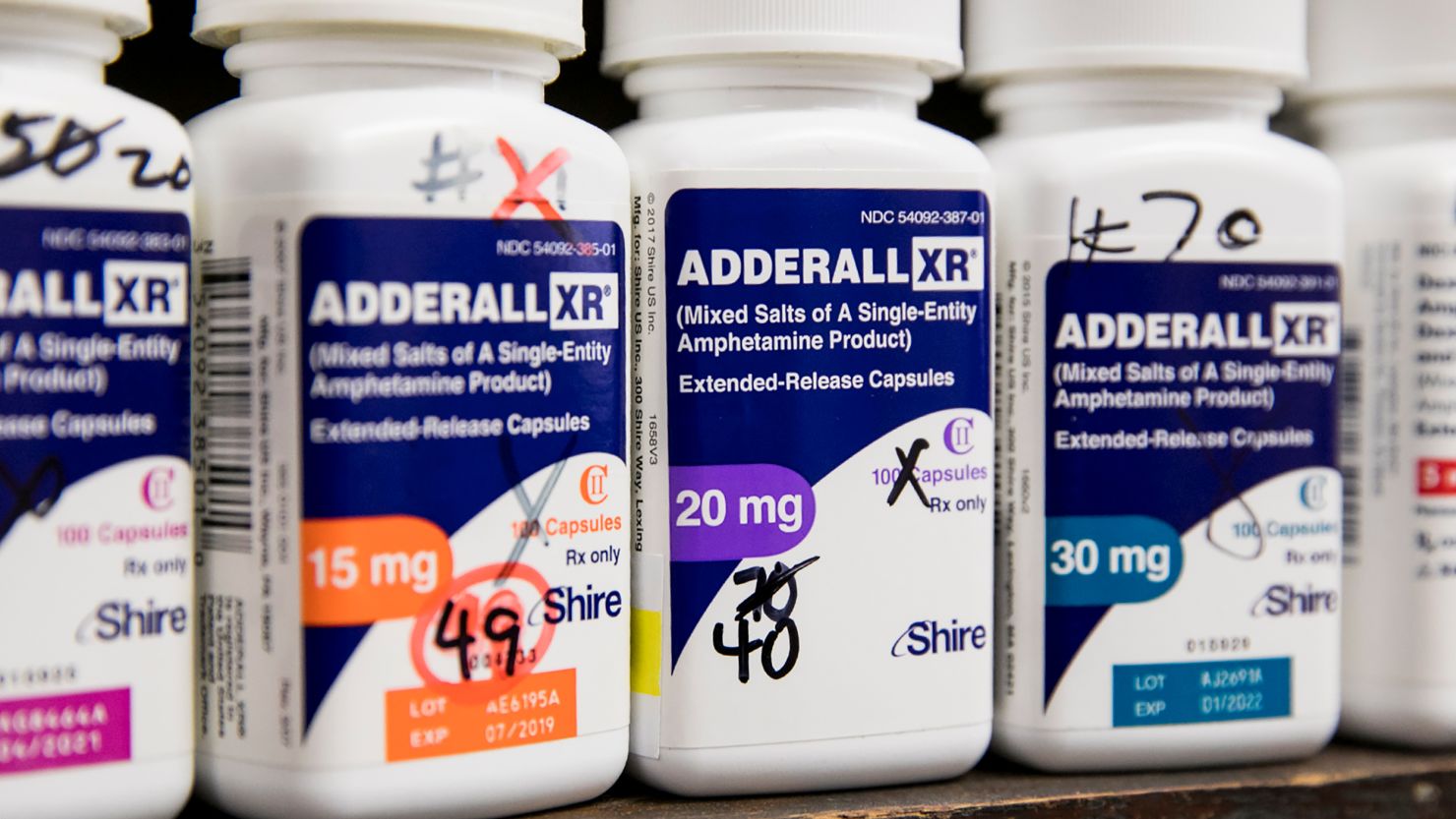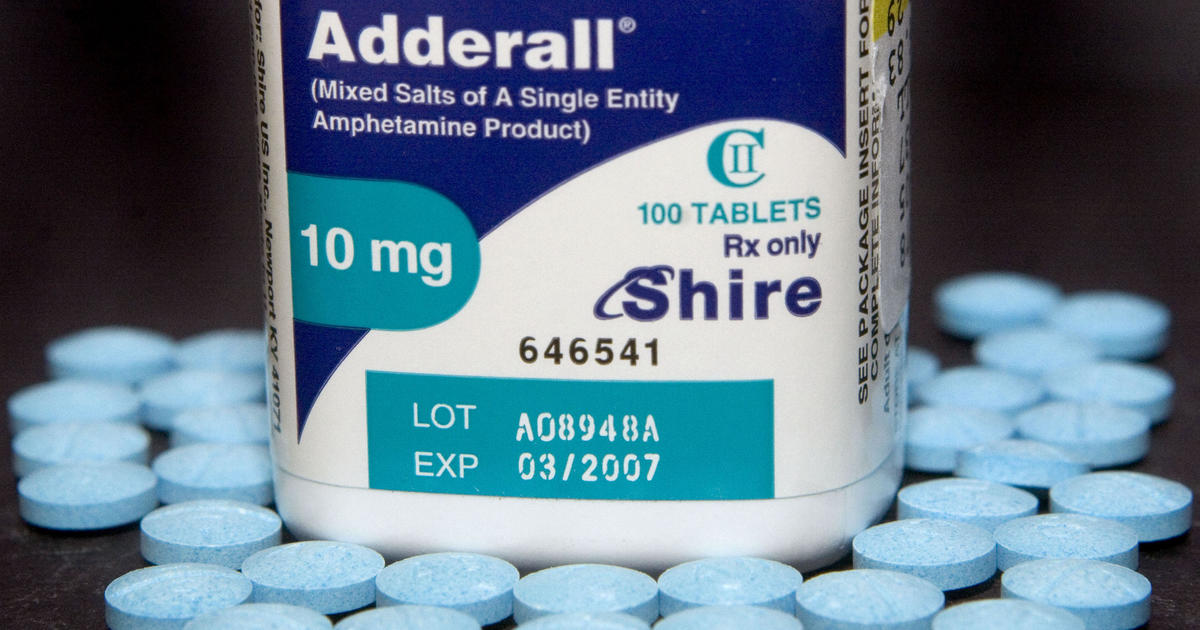Over The Counter Medication Similar To Adderall

A surge in demand for over-the-counter (OTC) supplements marketed as cognitive enhancers is raising concerns among health professionals. These products, often touted as alternatives to prescription stimulants like Adderall, are readily accessible and lack the rigorous regulation applied to prescription medication.
The increased accessibility and perceived safety of these OTC products pose potential health risks, especially when used without proper medical supervision. This article delves into the composition, purported benefits, and potential dangers associated with these unregulated cognitive enhancers.
What are these "Adderall Alternatives"?
These supplements typically contain a blend of ingredients, including vitamins, herbs, and amino acids. Common ingredients include L-Theanine, Caffeine, Bacopa Monnieri, and various B vitamins.
Manufacturers claim these ingredients boost focus, improve memory, and enhance mental clarity, mimicking the effects of prescription stimulants.
Who is Using Them?
Usage is reportedly highest among students, young professionals, and individuals seeking a cognitive edge in demanding environments. Market research indicates a growing trend among these demographics, driven by social media endorsements and online advertising.
Accessibility and perceived affordability compared to prescription medications contribute to their appeal.
Where are They Sold?
These OTC cognitive enhancers are widely available online and in brick-and-mortar stores. They are commonly found in pharmacies, health food stores, and online marketplaces like Amazon and Walmart.
The ease of access contributes to their widespread use and potential for misuse.
When Did This Trend Emerge?
The trend gained significant momentum in recent years, particularly since the COVID-19 pandemic. Increased remote work and online learning have exacerbated stress levels and the desire for cognitive enhancement.
Social media platforms have played a crucial role in amplifying the popularity and perceived benefits of these supplements.
How Do They Claim to Work?
Manufacturers often promote these products by highlighting the individual benefits of their ingredients. L-Theanine is marketed for its calming effects, while Caffeine is touted for its stimulating properties.
Bacopa Monnieri is promoted for memory enhancement, and B vitamins are claimed to support overall brain function.
However, the synergistic effects of these ingredients and their overall efficacy are often not scientifically proven.
The Risks Involved
Unlike prescription medications, OTC supplements are not subject to the same level of regulatory scrutiny. This means that the quality, purity, and potency of these products can vary significantly.
Potential risks include adverse side effects, interactions with other medications, and the possibility of containing undeclared or harmful ingredients.
Dr. Emily Carter, a neuroscientist at the National Institutes of Health (NIH), warns, "The lack of regulation poses a significant risk to consumers. We simply don't have enough data on the long-term effects of these supplements, especially when taken in combination."
Lack of Regulation: A Growing Concern
The Food and Drug Administration (FDA) regulates dietary supplements differently than prescription drugs. Supplements do not require pre-market approval, meaning they can be sold without rigorous testing for safety and efficacy.
The FDA only intervenes after a product has been shown to be unsafe. This reactive approach leaves consumers vulnerable to potentially harmful ingredients.
The Need for Informed Decisions
Health professionals urge individuals to exercise caution when considering OTC cognitive enhancers. Consultation with a healthcare provider is crucial before starting any new supplement regimen.
Consumers should also be wary of exaggerated claims and unsubstantiated testimonials. Researching the ingredients and potential side effects is essential.
What's Next?
The FDA is currently reviewing its regulations on dietary supplements. Increased scrutiny and stricter labeling requirements are being considered to better protect consumers.
Healthcare professionals are also calling for more research into the efficacy and safety of OTC cognitive enhancers. This research will provide a clearer understanding of the potential benefits and risks associated with these products.
In the meantime, informed decision-making and consultation with healthcare providers remain the best defense against potential harm.

